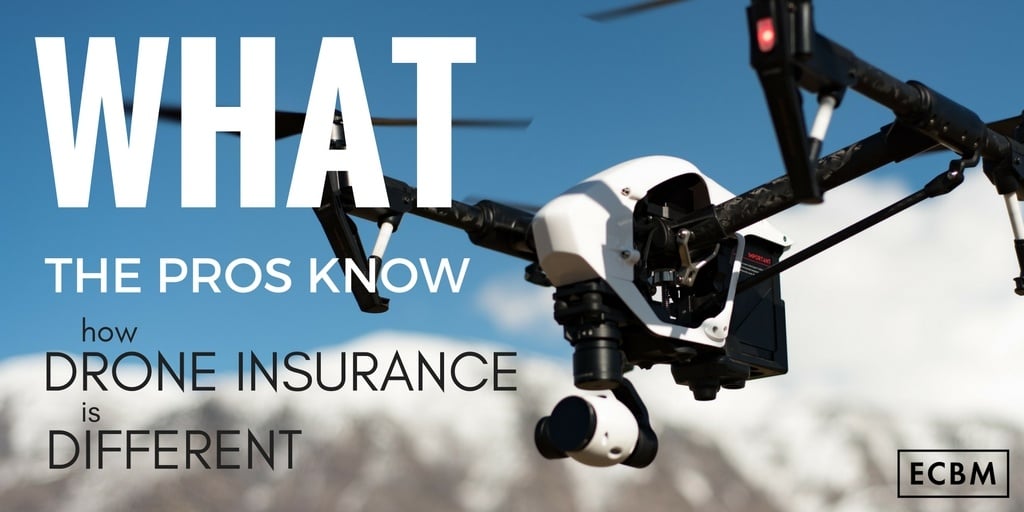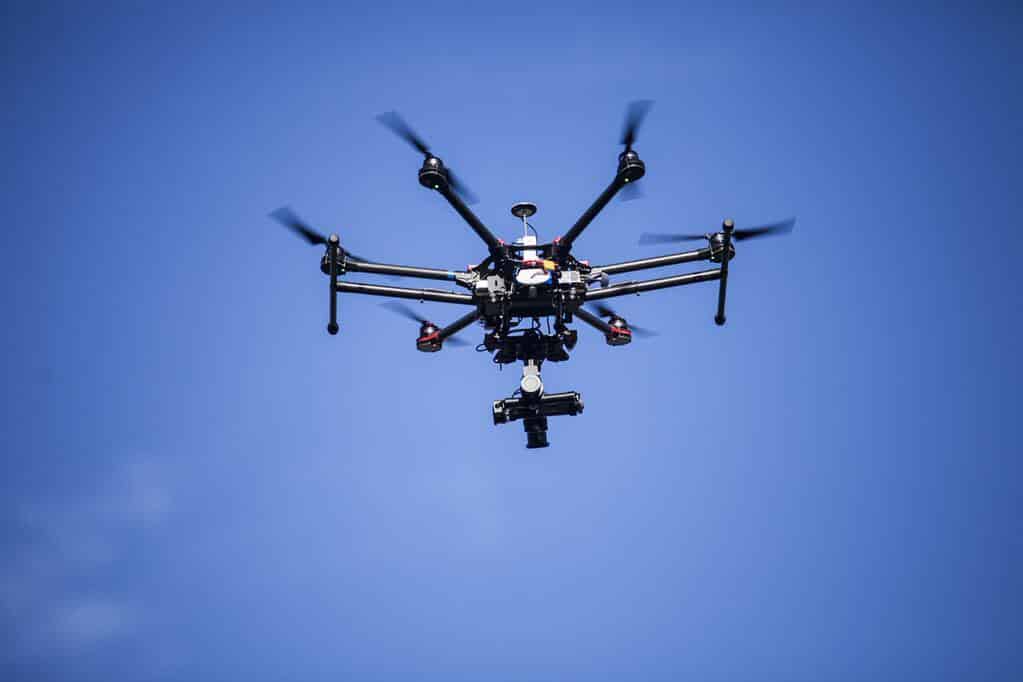

And don’t forget about the rest of your equipment. It is entirely possible to purchase hull insurance and not cover a camera or other payload you usually carry. You should understand that hull insurance is different than equipment or payload insurance. Like I said above, when buying your policy, make sure you understand what you are covering. If you run your drone into a wall and it needs replaced, you can pay your deductible and your insurance company will cover the cost to repair or replace your drone. This is the drone equivalent to purchasing collision coverage on your car. Hull insurance, on the other hand, covers your drone. And while insurance won’t necessarily protect you from being held legally liable, it can help cover the costs of an incident and any legal fallout. Think about liability insurance on your car, which protects you in the event of an accident that is your fault, liability drone insurance protects you against claims from others. Liability drone insurance is just what it sounds like. Types of Drone Insuranceĭrone insurance comes in a two main forms: liability and hull. No matter hat your choose, make sure you can afford to pay the deductible in the event of an incident and make sure that you know what it is. If you can afford a higher deductible in the event of an incident, if will probably make your policy premium less expensive. Just like car insurance, your policy probably has a deductible. We will talk about this below in more detail, but you should know the type of coverage you are purchasing as well as what equipment is covered (if any) in the event of an incident. In other words, how much does it cover? Is it $500,000 per incident? $1 million? Only you know what will work best for you but I’ve had clients ask and some of them have a preference (or a requirement) about how much coverage you must have. No matter what type of policy you are purchasing, there are a few things you should always make sure you know: This could include replacement costs on your drone, costs for damage to property (yours or someone else’s) and even medical costs if (God forbid) there is an incident that requires medical attention. Just like any other insurance policy you purchase, a drone insurance policy will cover the costs of damage or liability to some extent, depending on what you buy. The FAA considers your drone to be an “unmanned aircraft” and that’s how it’s covered for commercial insurance purposes as well. But drone insurance is actually a type of aviation insurance.

Anyway, you’re not here to talk about personal use of your drone, you want to start a drone business! What is drone insurance? If you’re flying for personal use, you may be covered in some instances, but this would be a question for your insurance agent. It doesn’t hurt to ask, but if your homeowner’s or renter’s insurance covers your commercial drone flight, I would be VERY surprised. If you are flying commercially, it is very likely that your insurance company will not cover this use. Just to be clear, it is unlikely that your home owner’s (or renter’s) insurance would cover you in the event of an incident. We’ll cover this below but it’s actually super easy to get drone insurance and it doesn’t cost much.
#Verifly drone insurance professional
If you are flying your drone under a Part 107 license, you should be purchasing drone insurance, if for no other reason than it shows that you are professional and provide a reputable service.
#Verifly drone insurance free
As of this writing though, you are free to fly commercially in the United States without drone insurance.īut let’s be clear. This could change though and given the track things are currently on, it probably will. The short answer is no, you’re not required to have drone insurance (at least in the United States). Are you required to have drone insurance? This article will clarify those questions and hopefully show you a route to getting drone insurance that will work for you. Drone Insurance can be a tricky topic because there are a lot of misnomers out there.


 0 kommentar(er)
0 kommentar(er)
